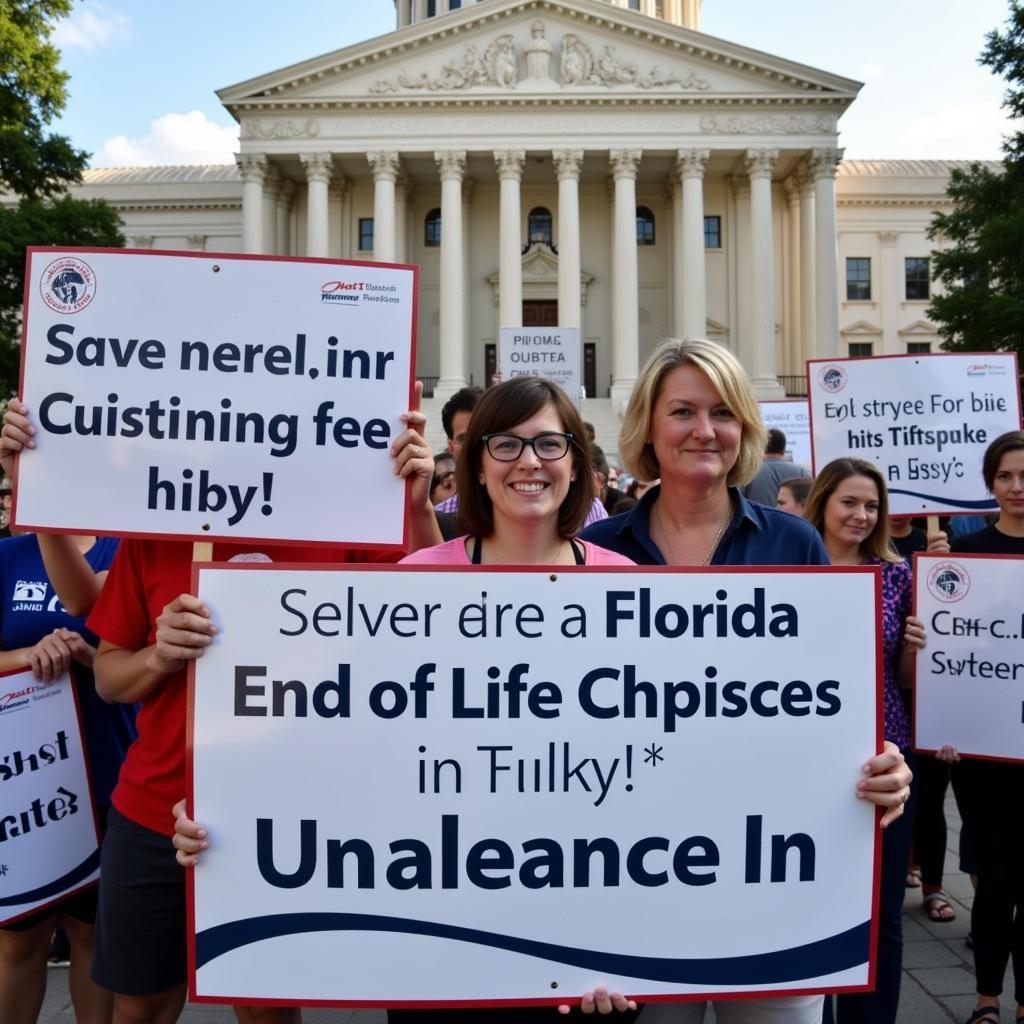The Hemlock Society in Florida was a chapter of a national organization that advocated for the right to death with dignity. While the national organization no longer exists under the name “Hemlock Society,” their legacy continues to inspire conversations surrounding end-of-life choices and access to compassionate end-of-life care. This article aims to shed light on the history and impact of the Hemlock Society in Florida and explore contemporary perspectives on this sensitive issue.
The Origins and Mission of the Hemlock Society
Founded in 1980, the Hemlock Society emerged during a time when discussions about death and dying were largely taboo. The organization sought to break down these barriers and empower individuals to make informed choices about their end-of-life care. The Hemlock Society, including its Florida chapter, aimed to:
- Educate: Provide information about end-of-life options, including palliative care, hospice care, and what was then referred to as “rational suicide.”
- Advocate: Lobby for legal reforms that would allow terminally ill individuals to have greater control over the manner and timing of their death.
- Support: Offer emotional and practical support to individuals and their families navigating end-of-life decisions.
The Hemlock Society in Florida: A Local Chapter’s Impact
The Hemlock Society’s message resonated with many Floridians, particularly those facing terminal illnesses or witnessing the prolonged suffering of loved ones. The Florida chapter played a significant role in:
- Raising Awareness: Organizing public forums, workshops, and conferences to educate the public about end-of-life issues.
- Building Community: Creating a safe space for individuals and families to connect, share their experiences, and access support.
- Influencing Policy: Engaging in advocacy efforts to promote legislation that aligned with the organization’s mission.
 Hemlock Society members participating in an advocacy event in Florida
Hemlock Society members participating in an advocacy event in Florida
Evolving Landscape: From Hemlock Society to End-of-Life Choices
While the national Hemlock Society dissolved in 2003, its legacy continues to shape the conversation around end-of-life choices. The organization’s work paved the way for the modern “death with dignity” movement, which emphasizes patient autonomy and access to a range of end-of-life options.
In Florida, the conversation continues through organizations like Compassion & Choices, which advocate for expanded end-of-life options, including medical aid in dying.
Continuing the Conversation: Compassionate End-of-Life Care Today
The Hemlock Society’s work has left an undeniable mark on how we approach end-of-life care. While the organization’s name may no longer be in use, its core values continue to resonate:
- Respect for Autonomy: Individuals should have the right to make informed decisions about their own bodies and their own deaths.
- Compassionate Care: Everyone deserves access to high-quality, compassionate end-of-life care that addresses their physical, emotional, and spiritual needs.
- Open Dialogue: We need to foster open and honest conversations about death and dying to remove the stigma and empower individuals to make choices that align with their values.
Conclusion
The Hemlock Society in Florida played a vital role in sparking a national conversation about death with dignity. Though the organization no longer exists, its legacy endures in the ongoing movement for expanded end-of-life options and compassionate care for all. By embracing open dialogue, respecting individual autonomy, and advocating for compassionate end-of-life care, we can honor the Hemlock Society’s mission and work towards a future where individuals have greater control over how they live and how they die.